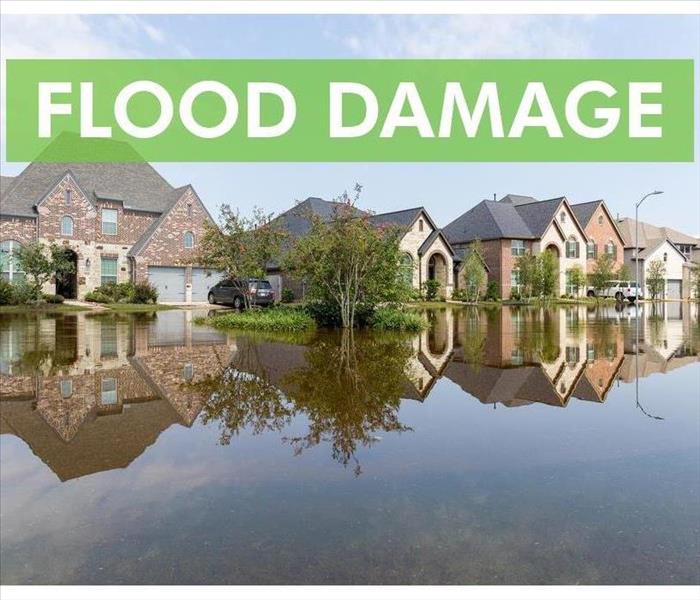What Not To Do After a Flood
5/14/2020 (Permalink)
When floodwater invades your Langhorne/Bensalem, PA home, it can be overwhelming. Keeping a cool head is essential to a speedy recovery for your residence. Here are four things not to do after a flood.
- Don’t Refuse To Leave
From crunchy peanut butter to your favorite football team, there are plenty of things that are worth taking a stand for. Your flooded home is not one of them. It may be a cliché, but it’s true: Things can be replaced. People can’t. When the water starts to rise — and especially if officials order you to leave — get moving. Ride things out with friends or relatives, or stay at a hotel. - Don’t Walk on Wet Carpet
Walking on carpeting that’s wet or completely underwater only forces the water deeper down and further afield from its point of origin. In order to prevent the spread of water and mold-causing contaminants below the surface, avoid carpeted rooms altogether if you can. - Don’t Try To Vacuum Up the Flood Water
Your vacuum may be great at sucking up spilled pretzels or pet hair, but it’s not meant for water. At best, you can ruin your vacuum. At worst, you can subject yourself to an electrical shock. - Don’t Try to Clean Up the Water Damage Yourself
After all members of your household are safe and sound, one of the first calls you should make is to a flood damage restoration company. Its technicians will have the tools and expertise required to safely return your home to normal.
Generally speaking, you can expect the company to come to your home, perform an assessment to determine the full extent of the damage, and clean and sanitize your home. Many companies also perform repairs.
It’s easy to make rash decisions in the face of floodwater. You may be tempted to hold firm despite repeated warnings or to start cleanup with whatever you have on hand. Ultimately, however, the best — and the safest — way to begin the recovery process is to exercise caution and leave the heavy lifting to the professionals.






 24/7 Emergency Service
24/7 Emergency Service